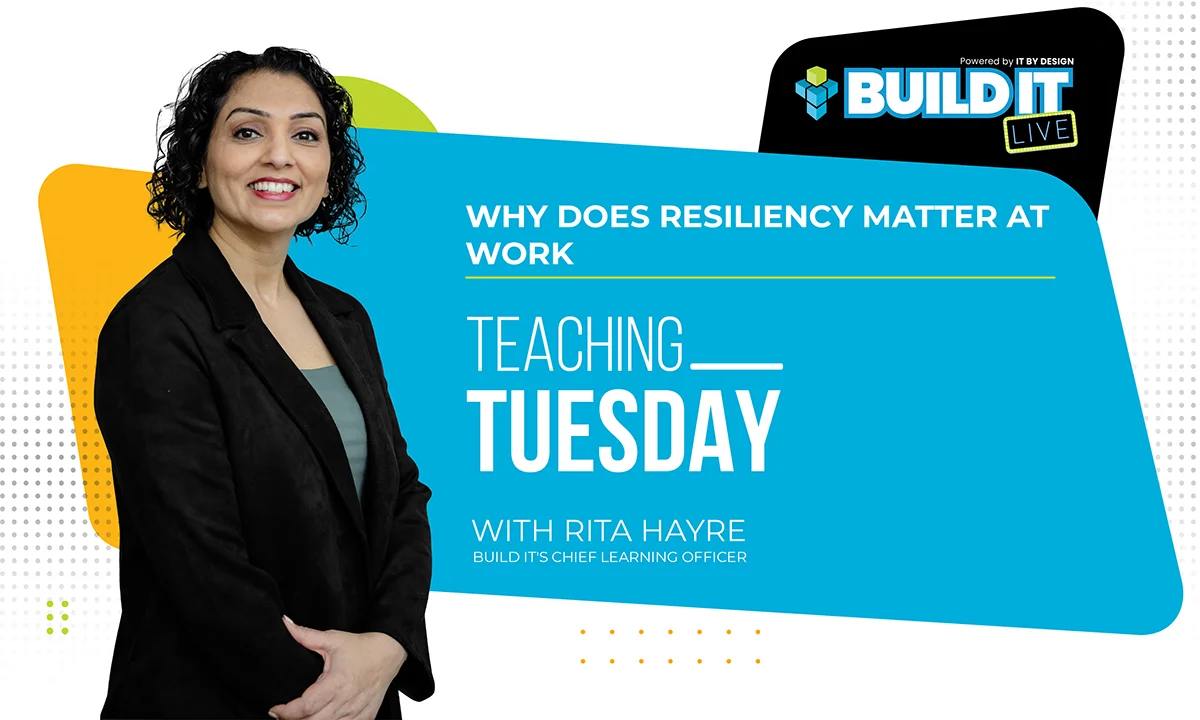I’m talking about resiliency again, today, because I think it’s really important. My colleague Kyle Vlack recently shared a great saying with me about how he manages the inevitable rejections in his sales role, and builds his own resiliency: ‘Some will, some won’t, so what, next.’ He’s found a great way to keep himself centered in the face of the daily negativity that can come with a sales role.
As we think about that, it’s important to note that no one is calling our MSP engineers with good news. We don’t have clients calling to say, ‘I have no problems with my system – I am so happy!’ The calls our engineers get are almost always negative and about problems. Let’s just think about that … Your engineers get ready for work each morning, knowing that the bulk of their work will involve negative calls from client. They receive negativity day in and day out, each week, each month, and eventually each year. It’s not hard to see why burnout is a serious concern for our teams.
What is Resiliency?
Resiliency is the capacity or ability to recover from negative situations, incidents, comments, etc. It is the ability to not become beat down by negativity and become negative themselves. It is the ability to respond and recover from a negative occurrence.
Why does Resiliency Matter at Work?
Our organizations are only as successful as our teams. If our teams are struggling with negativity and suffering with burnout, this impacts their engagement with our organizations. Their lack of engagement impedes their best efforts, creativity, and problem-solving abilities. As a leader, we need to be enabling and supporting the resiliency of our teams.
15 Minutes Every Week
We know from research that the connection between a team member and their manager has a significant impact on their engagement with an organization and their well-being as a whole. Best-practice says that we should be connecting with each of our direct report team members for 15 minutes each week. That 15 minutes is important to build connection, rapport, and understanding.
6 Questions to Assess Resiliency
When speaking with your team, who struggle with these types of roles, it can be helpful for you to ask questions that may help raise some flags or concerns for your team member. These 6 questions are:
- Are you struggling to bounce back quickly after hard times?
- Are you having a hard time making it through stressful events?
- Is it taking you longer to recover from stressful events?
- Is it harder for you to snap back when something bad happens?
- Are you usually able to come through difficult times with little trouble?
- Do you tend to take a long time to get over setbacks in your life?
I’m not suggesting you ask them these 6 questions every week, or even every month. What I am suggesting is that we, as leaders, need to be aware of these very simple 6 questions that can help us support the well-being of our teams.









